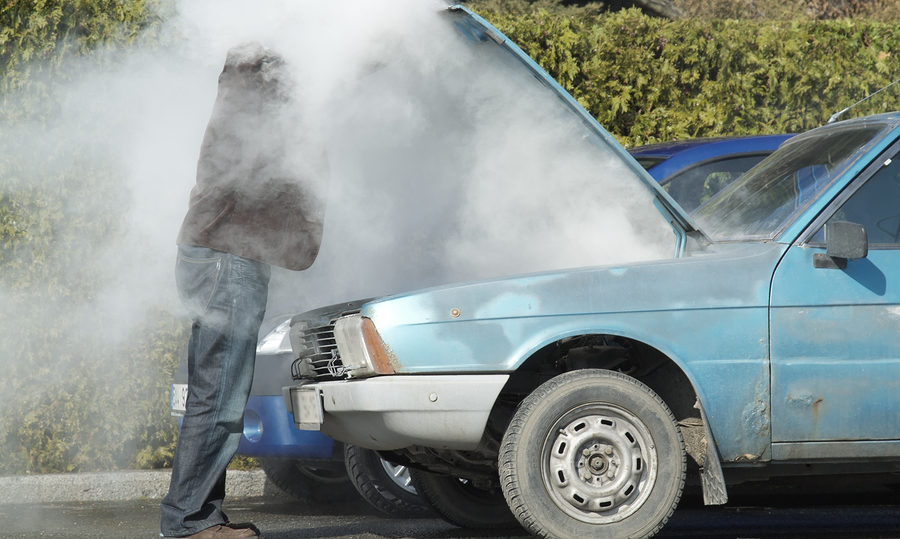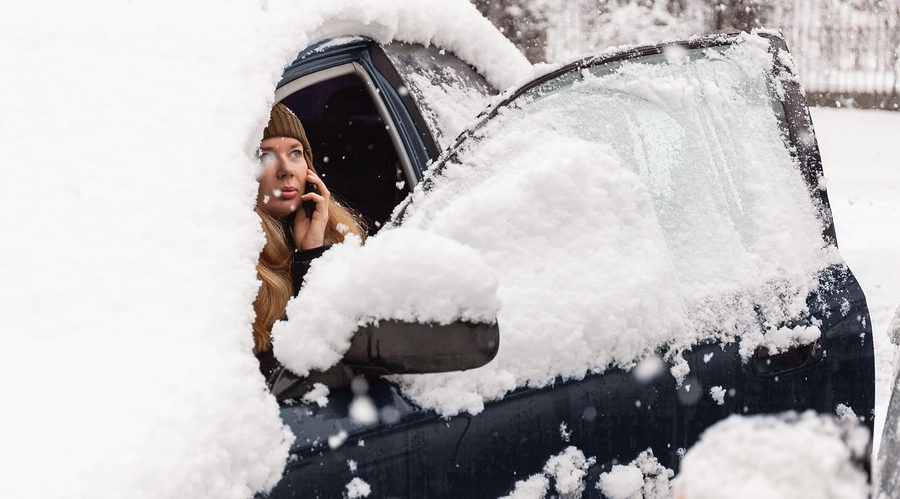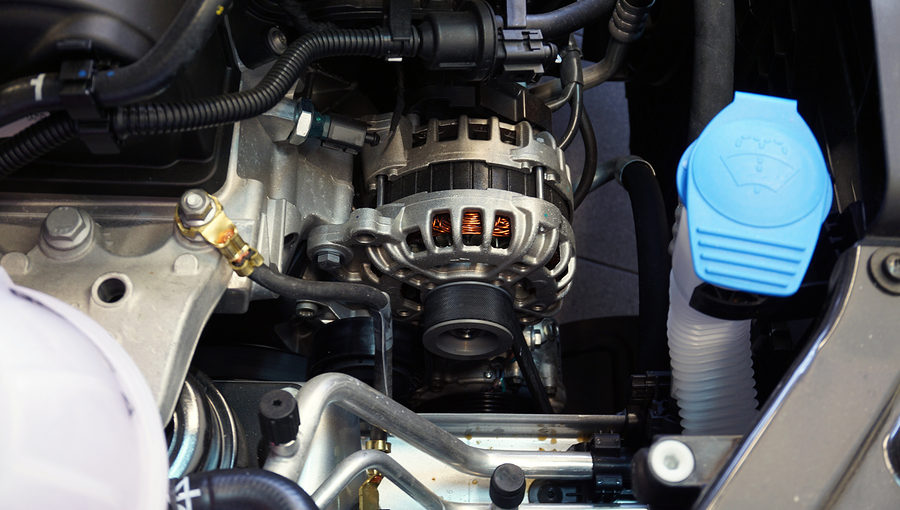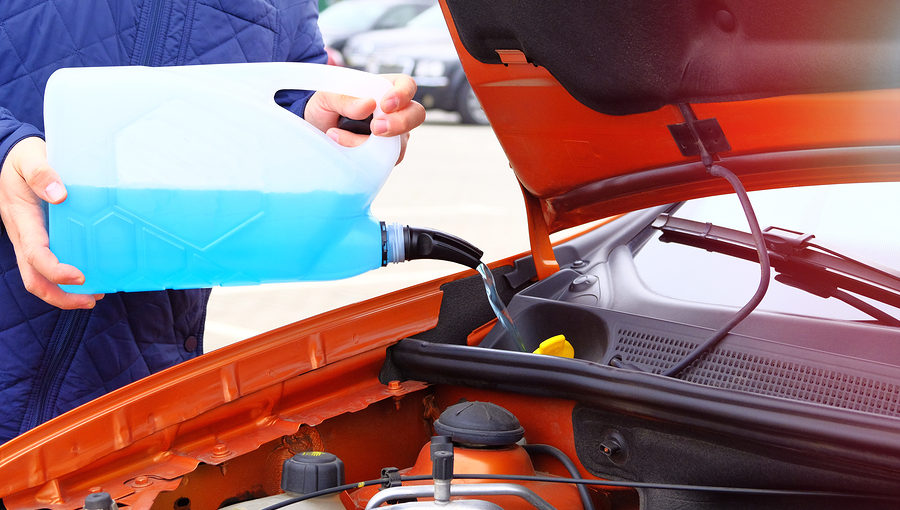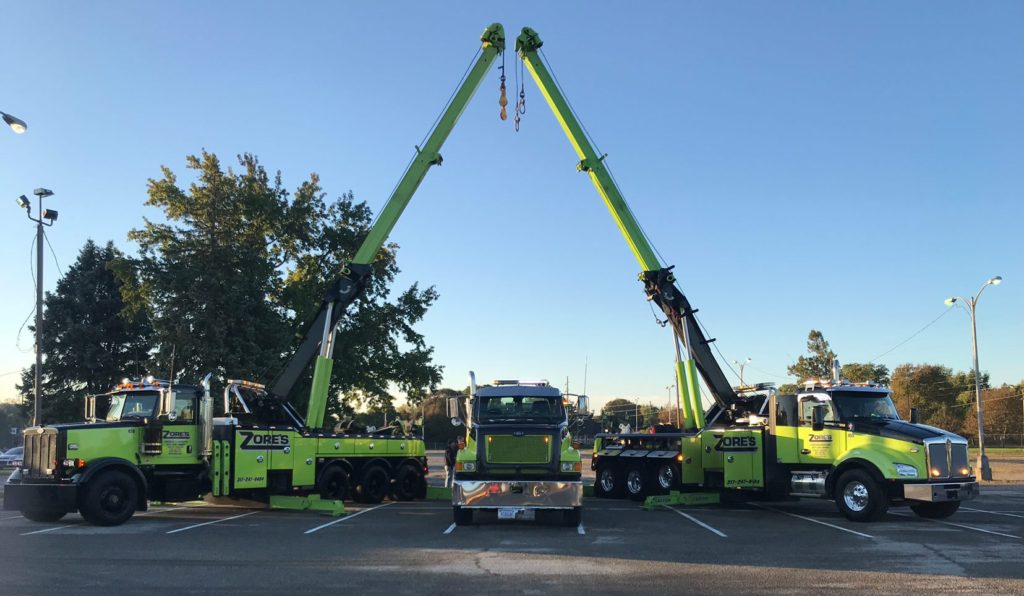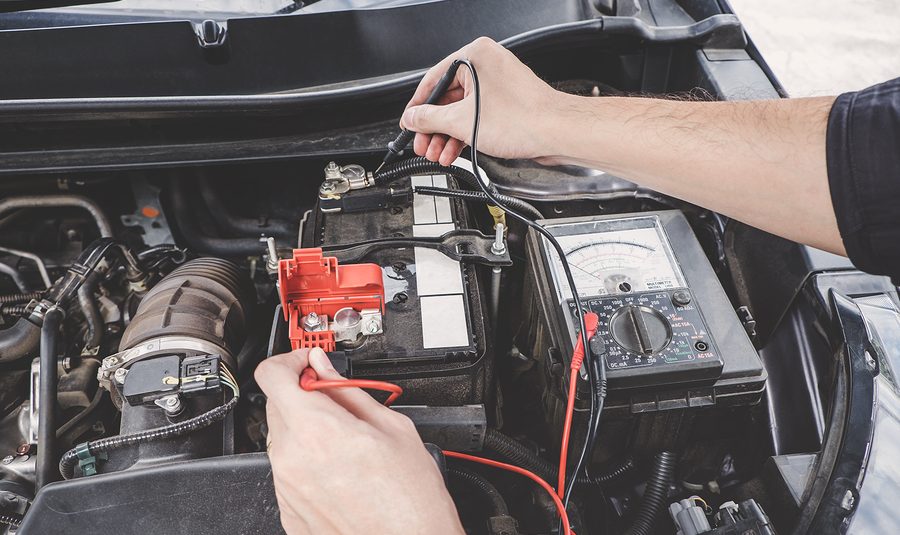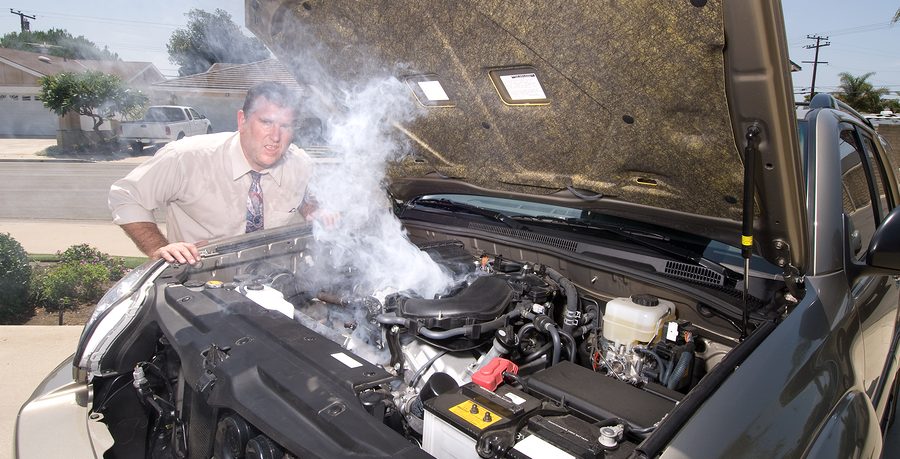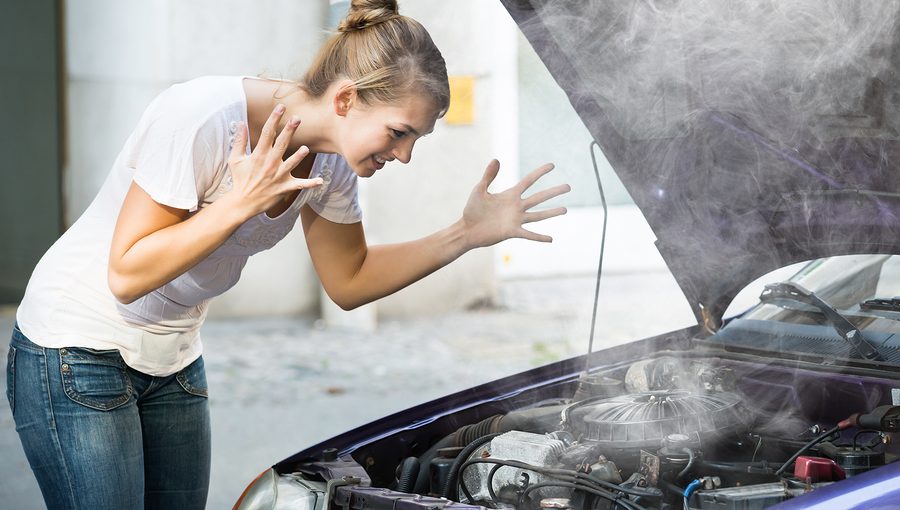Tire blowouts are more than just a major, unanticipated inconvenience. They can also be extremely dangerous. There are serious car accidents that take place every day as a result of a driver losing control of their vehicle following a tire blowout. Some accidents can even be fatal. In fact, according to a study by the National Highway Traffic Safety Administration (NHTSA), there are virtually 11,000 tire-related motor vehicle accidents every year. For this reason, proper car maintenance is vital, not just for your vehicle’s performance, but for everyone’s safety. Your tires require a certain degree of routine care to protect them from blowouts. With this level of tire care, you can spot the signs of tire damage early on and make needed adjustments in order to prolong both safety and performance.
The best place to start is by learning what causes a tire to blow out. Continue below to learn the most common, and what you can do if you ever find yourself stranded on the side of the road with a blown tire.
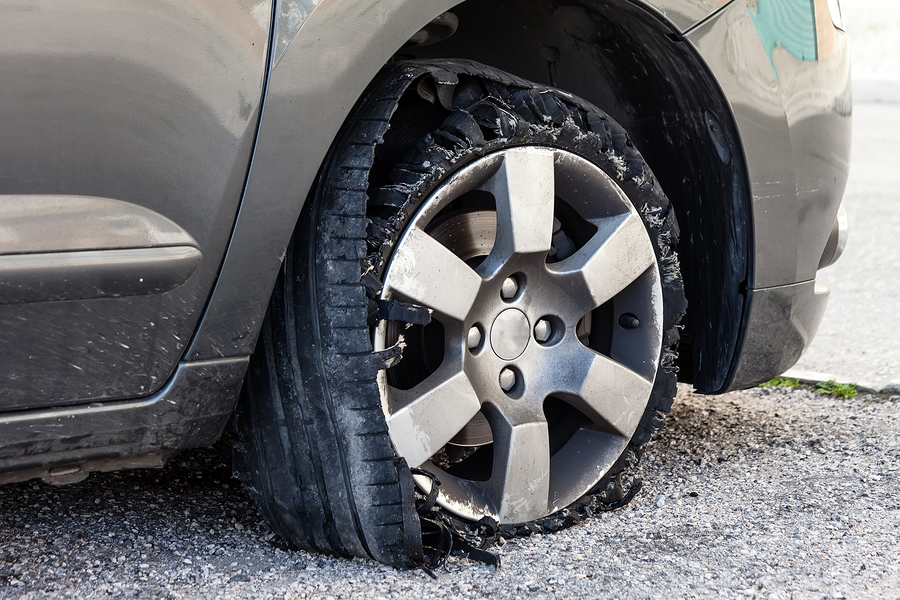
Top Causes of Blown Tires
Did you know there is actually a tire blowout season? It’s true, and it’s one of the top causes of blown tires. You see, the middle of May through early October has proven throughout history to be the highest frequency of car tire blowouts. Why? Mostly because of the increased outdoor temperatures. When its hot outside, more people travel, and they travel longer distances with heavily-loaded vehicles. Combined with the hot spring and summer temperatures, tires take on a lot more stress, which can lead them to their breaking point, or more accurately, their “blowout” point.
Improper Tire Pressure
Another common cause of a blown tire is improper tire inflation. Underinflated tires cannot provide the same level of support for a vehicle and its cargo (i.e. passengers, personal belongings, etc.). As a result, the internal components of a tire, such as the fabric, steel, rubber, and synthetic composites, will lose strength and eventually give out. Accordingly, over-inflated tires can also cause a sudden tire blowout from an increase of air temperature inside. Basically, without sufficient tire pressure, the internal bits of the tire will experience too much stress and eventually blow.
Although all cars manufactured after 20017 are designed with tire pressure monitoring systems (TPMS) that detect and warn drivers of improper air pressure in tires, they usually only illuminate their warning when tires are extremely over or underinflated. For this reason, it is still strongly encouraged to manually check your tire pressure with a tire gauge for optimal safety and assurance.
Heavy Cargo
Another common cause of sudden tire blowouts is overloading your vehicle. A car can only manage a certain amount of weight, which is specified in the owners’ manual. You must look up your car’s Gross Vehicular Weight Rating (GVWR) to see how much weight your make and model vehicle can tow, and compare that with the total combined weight you need to load inside your car.
A gross vehicle weight rating is the manufacturer-engineered maximum capacity of weight your vehicle can safely carry. If you were to exceed the GVWR, it could cause damage to additional components of your vehicle, such as the drive train, transmission, brakes, suspension, engine, and more. A blowout is even more likely to occur to an overloaded vehicle if it also has improper tire pressure.
Poor Road Conditions
Potholes and similar types of poor road conditions are also common causes of tire blow-outs. Such accidents occur more often at night when the street surface is less discernable, during heavy rains when holes are filled with puddles, and during winter when poor conditions are hidden beneath snow. Cars today have lower rubber profiles, so when they slam into contact with a pothole, their internal walls pinch and fray, causing the tire to blow. By maintain proper air pressure and staying current on routine automotive maintenance, you can prevent severe car damage in the case that you hit a pothole.
Escalating Tire Damage
Also referred to as the “slow death”, a common cause of a sudden tire blow out is a minor defect that slowly deteriorates the tire to a point of blowing. Small issues like a small dent or bulge in the tire wall, air pressure leak, and even a nail that was run over weeks ago, can cause a tire to slowly lose strength and quality, and eventually weaken enough to finally split open.
What to Do if You Blow a Tire
If you blow a tire, you can try to repair it yourself if you have a spare tire or an emergency roadside kit. If you are not capable of repairing or changing your flat, you can contact a local towing company for 24 hour roadside assistance service. They can respond to your location within a short amount of time, repair your tire, or tow you to the location of your choice. Whether it is 3 o’clock in the morning or 5:30 rush hour, they have the resources to get you back on the road in no time at all.
Indianapolis Towing Services You Can Trust
Call Zore’s Towing at 317-247-8484 for 24 hour towing and roadside assistance in Indianapolis and throughout Central Indiana. Our friendly staff is waiting by the phones, ready to help you get back on the road, safe and sound. We operate 24 hours a day, 7 days a week, and 365 days a year, so you can always count on us. Request a free estimate, today.


